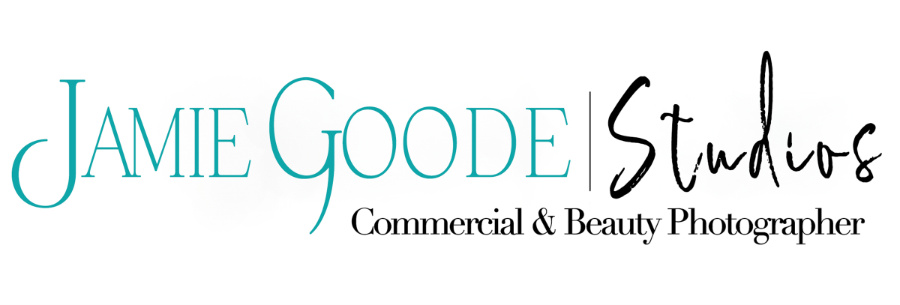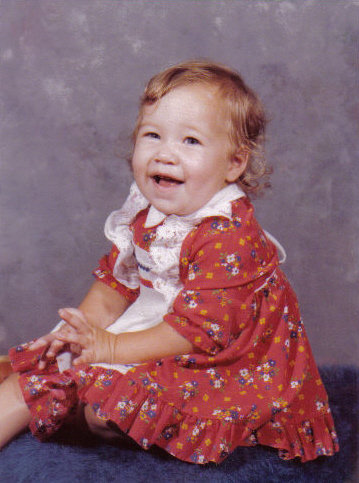Anyone Can Take a Picture... But Not Everyone Can Edit One
May 21, 2025 | By: Jamie Goode Studios
In a world where photography has become more accessible than ever, it's no surprise that the number of photographers continues to grow every day. And to be clear—that's a beautiful thing. Creativity should be celebrated, and everyone deserves a chance to follow their passion. If you feel called to pick up a camera and create, I say: do it! There is room for everyone to express their art.
However, there's an important distinction that must be made: not everyone with a camera is a professional photographer.
The Saturation of the Industry
Today, the photography industry is saturated. With the rise of social media, smartphones, and user-friendly editing apps, photography feels easier and more instant than ever before. People are capturing moments, posting them within seconds, and calling themselves photographers. Again, we support creativity—but we also need to acknowledge the difference between hobby and profession.
A Camera Doesn’t Make You a Photographer
Using a cell phone to take photos doesn’t make someone a professional photographer. True professionals understand the intricacies of using a DSLR or mirrorless camera—aperture, shutter speed, ISO, white balance, depth of field, and more. They don't just shoot on "Auto." They understand lighting, angles, composition, and timing. They know how to adapt in a fast-paced environment, work with difficult lighting, and guide clients to feel confident in front of the camera.
If you haven’t learned how to use a professional camera properly, you haven’t yet reached the level of professionalism that clients deserve and expect.
The Power of Professional Editing
Then there's editing. Anyone can take a picture, but not everyone can edit one—and that matters. Editing is where images come to life. It’s where distractions are removed, lighting is perfected, skin is enhanced naturally, and the photographer’s creative vision is fully realized.
Professional editing involves more than slapping on a filter. It takes knowledge of software like Adobe Lightroom, Photoshop, or Capture One. It involves understanding color correction, exposure balancing, retouching techniques, and style consistency. A professional edit enhances, not masks.
A client isn’t paying for "okay" images. They want (and deserve) stunning, polished, timeless images that tell a story and make them feel incredible.
A Real Business, Not a Weekend Hobby
A professional photographer runs a legitimate business. That means:
- Paying taxes
- Registering their business legally
- Investing in insurance
- Using contracts to protect themselves and their clients
- Ongoing training, education, or experience
- Customer service and professionalism
They invest in the right gear, backup systems, reliable editing tools, and continual learning. Professionalism isn’t just about gear or skill—it’s about integrity, responsibility, and a commitment to excellence.
Final Thoughts
There is space for hobbyists, amateurs, and professionals in the photography world—but it’s important to know the difference. If you want to be a professional, treat your craft like a profession. Learn. Practice. Grow. Invest in yourself. Take pride in your work.
And if you're a client looking to invest in photography, know that you’re not just paying for someone to click a button. You're investing in expertise, creativity, reliability, and a powerful visual experience.
Photography is an art—and the best art takes more than just a camera. It takes heart, hard work, and a whole lot of skill.






Leave a comment
0 Comments